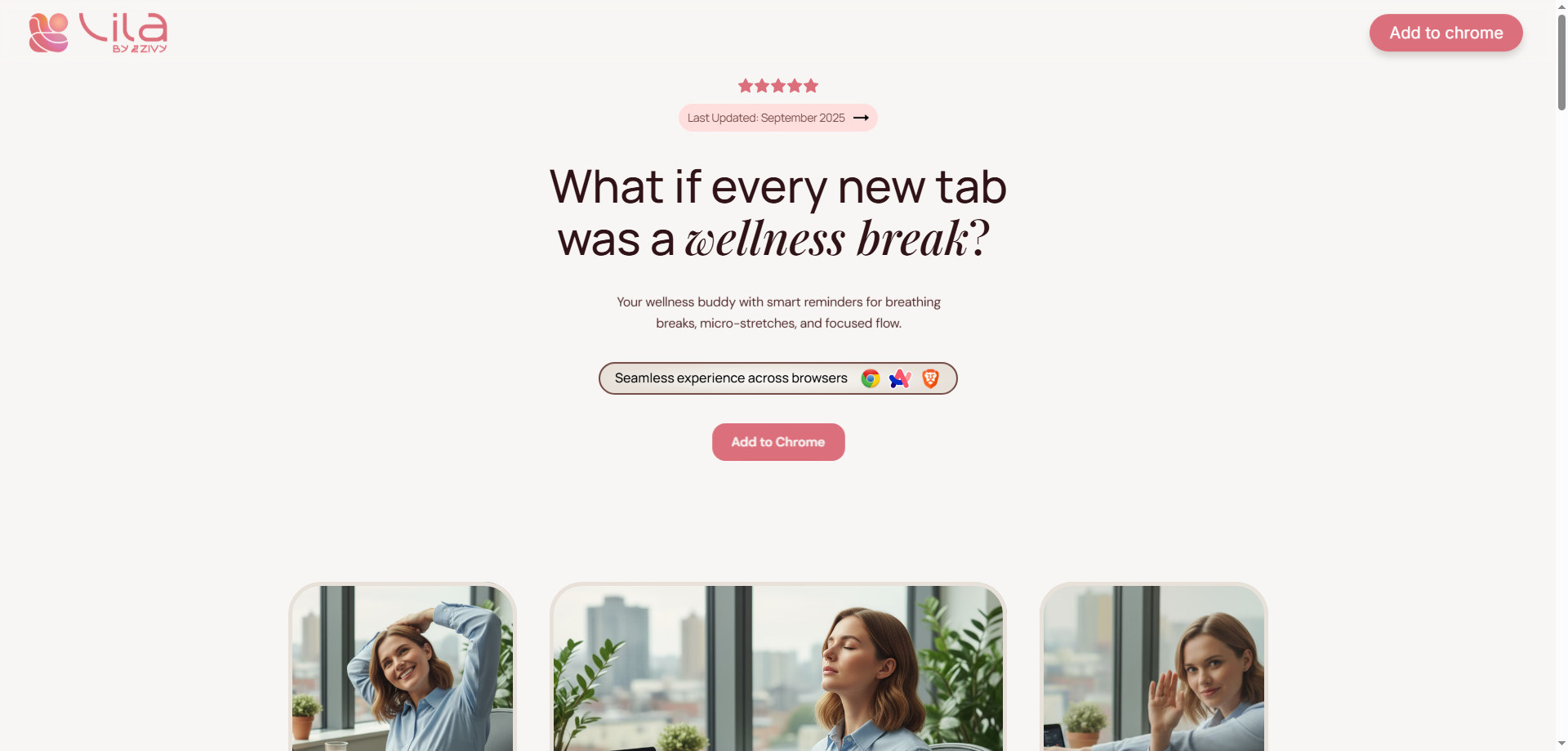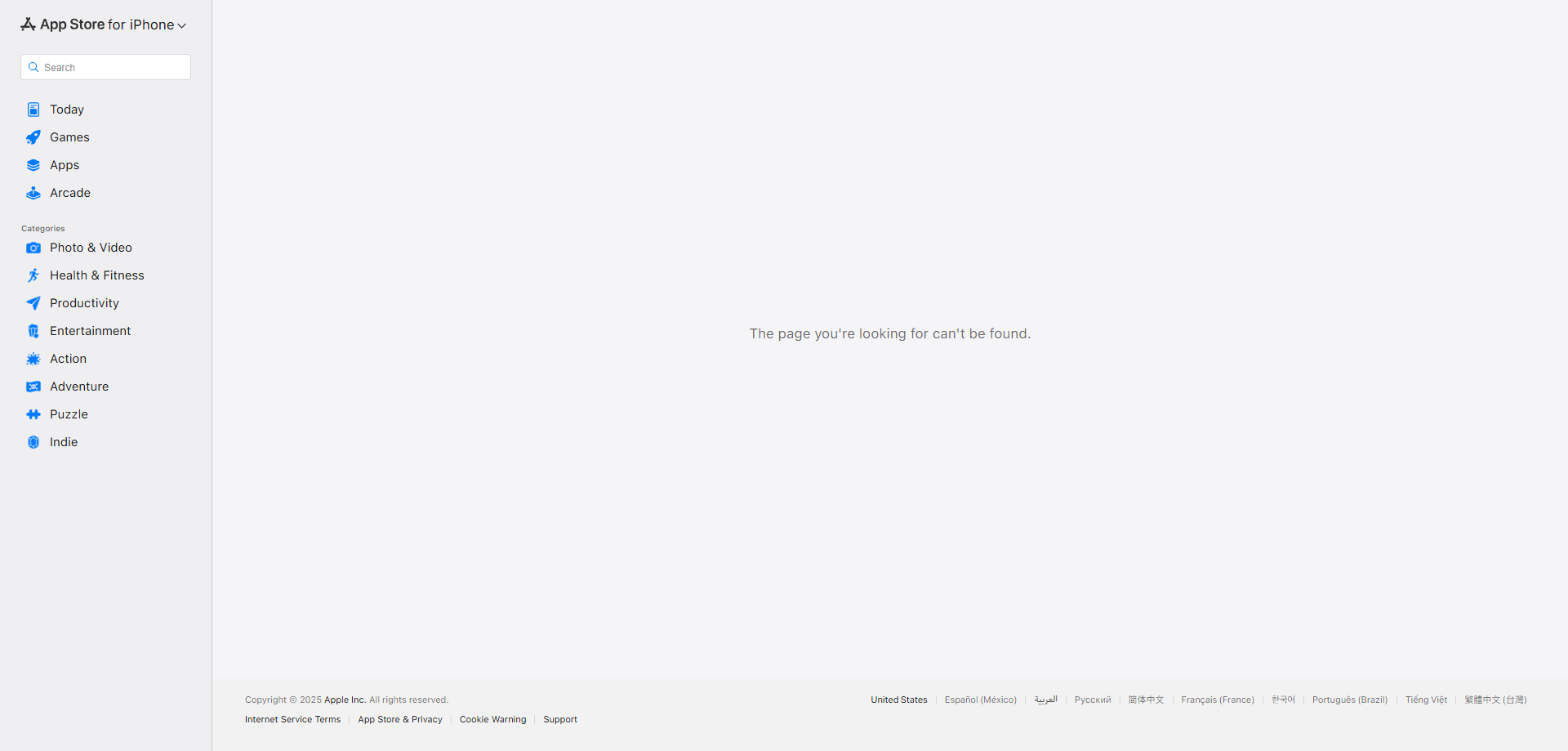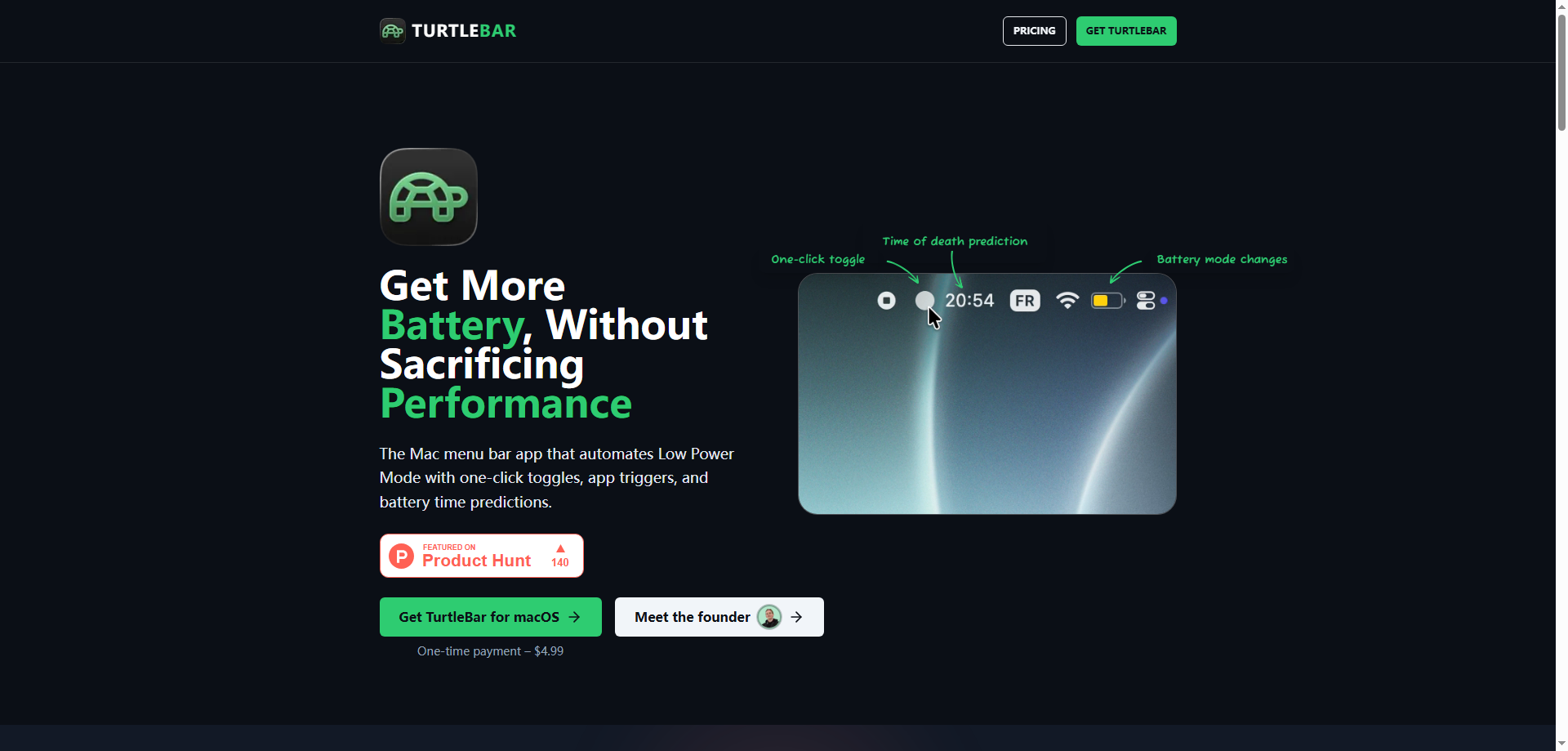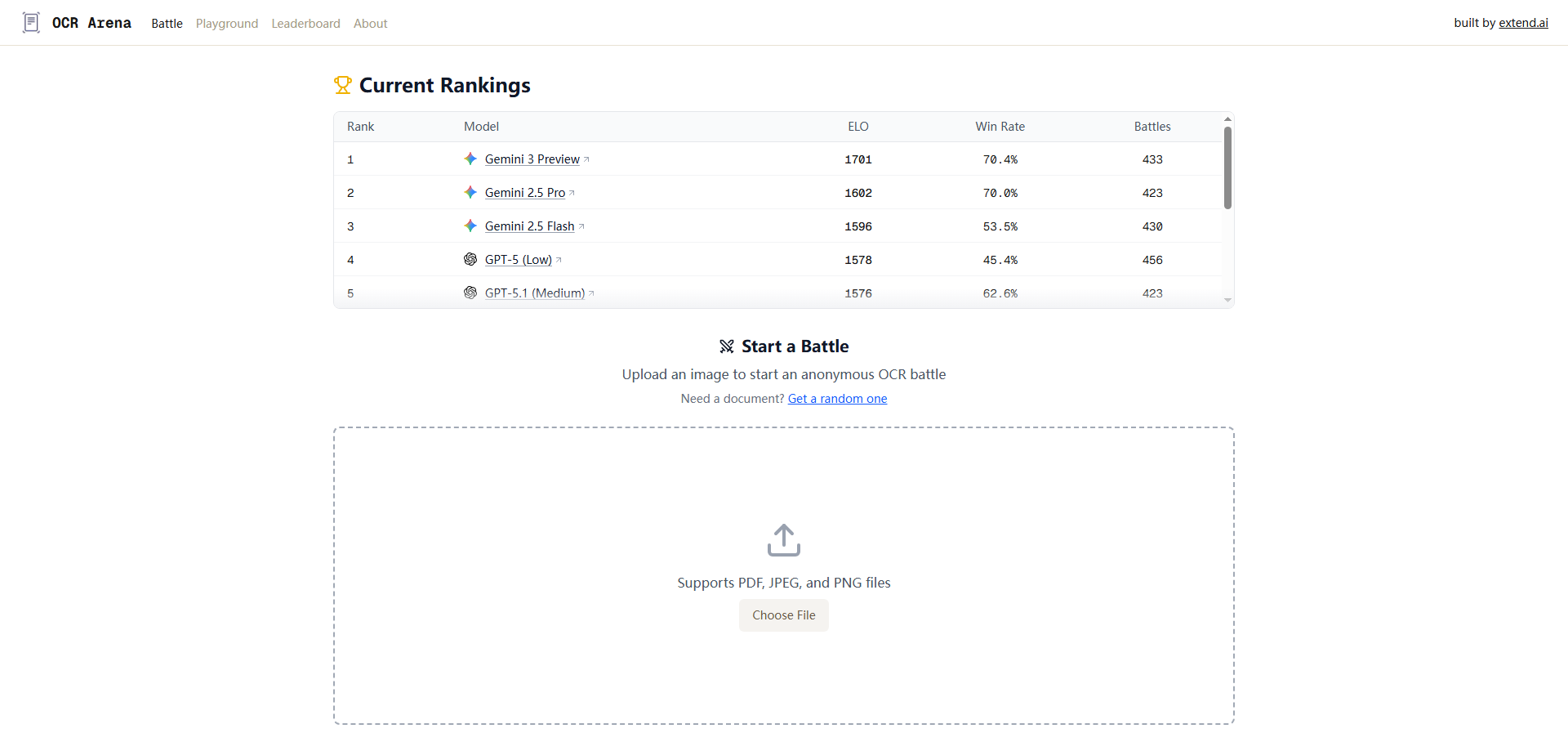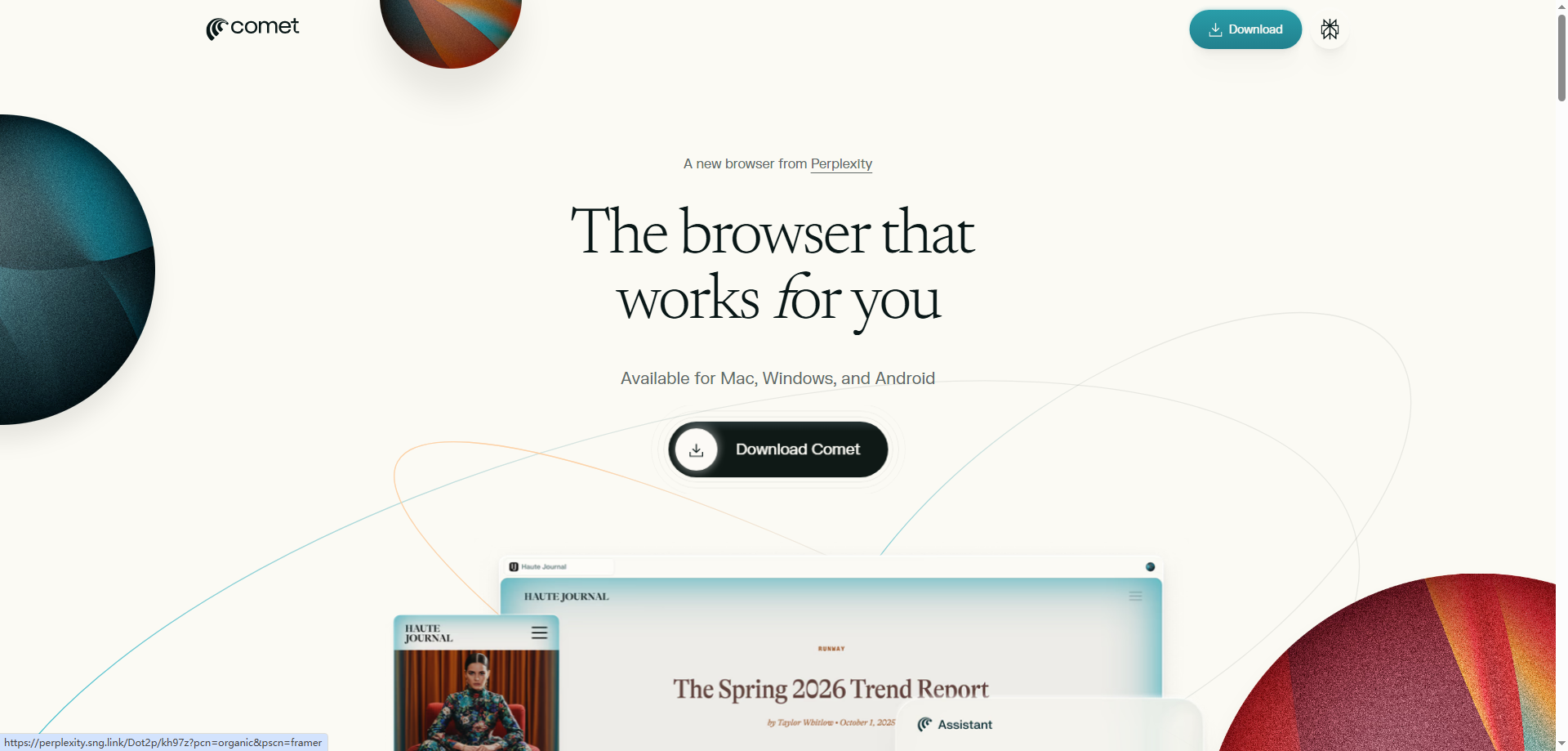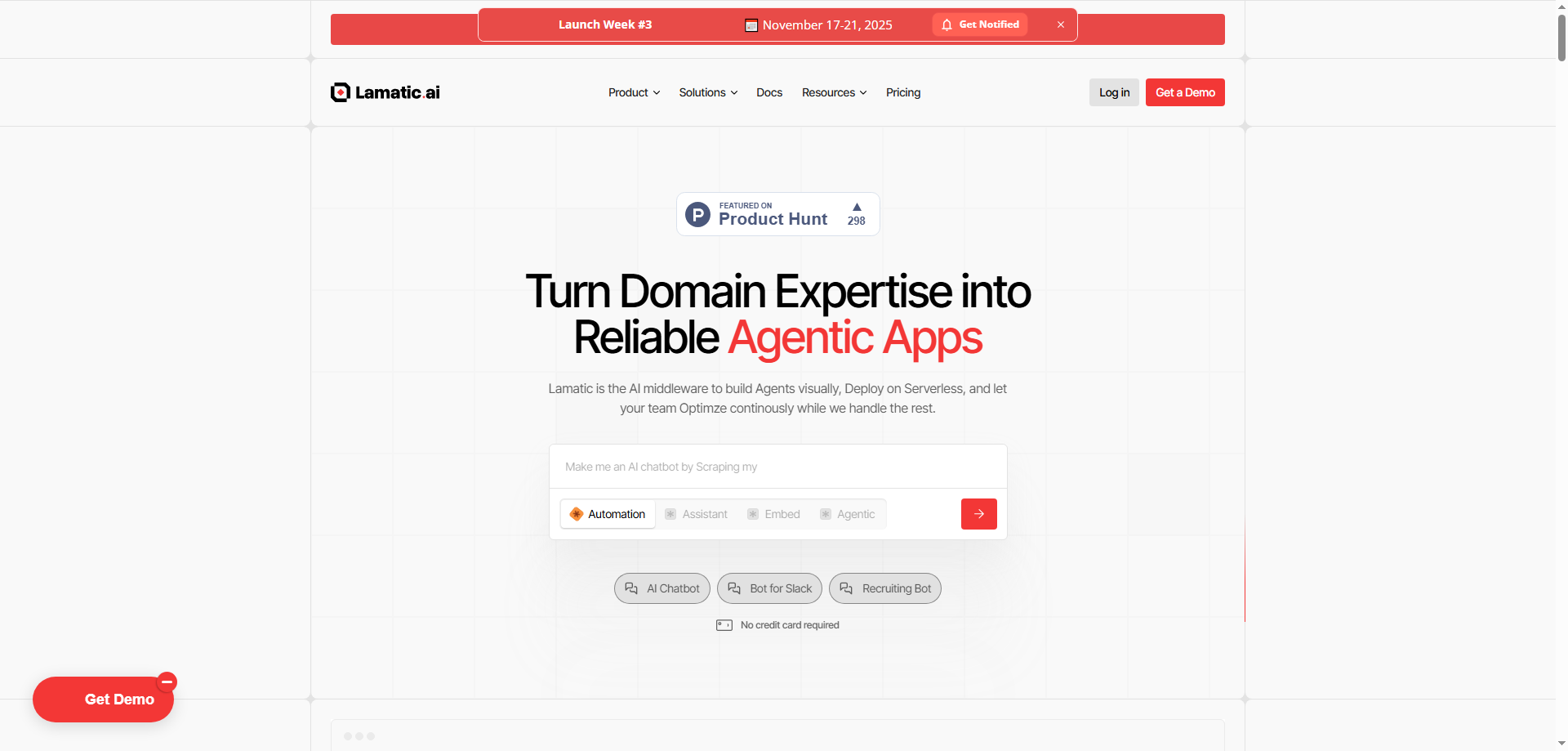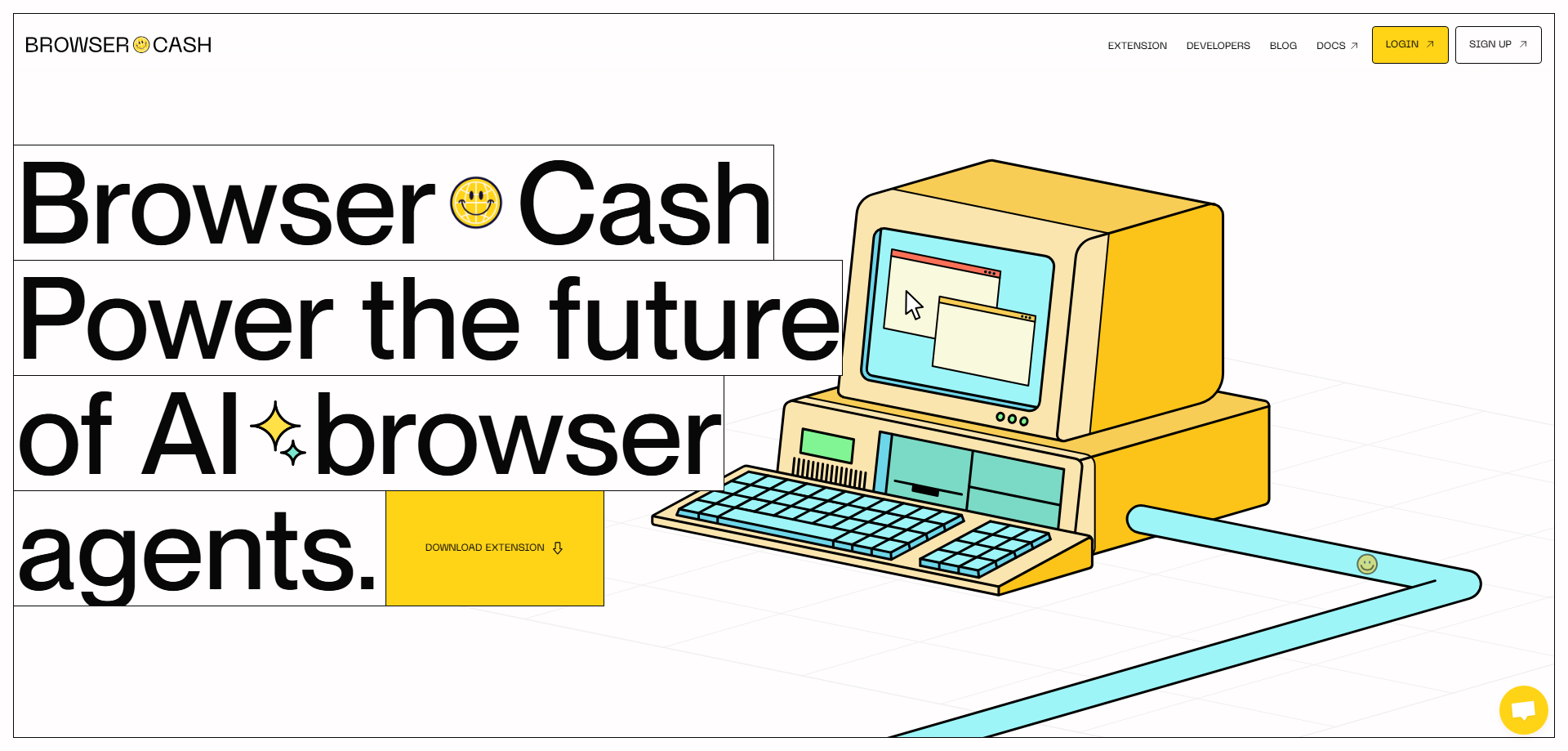Alright, So Audity Says It Can Do AI Audits 12x Faster
Let me tell you about Audity, because when I first saw the tagline "Complete 6 hours of AI audits in 30 minutes," my immediate reaction was: "Yeah, sure. I've heard these productivity promises before." But then I dug deeper into what Audity actually does, and I realized this might be addressing a real, specific pain point in the agency and consulting world.
Audity is essentially a tool that helps agencies and consultants transform messy client requirements into structured AI audit reports. It guides interviews, analyzes workflows, and generates white-labeled ROI reports. The promise is that you can deliver professional, comprehensive AI implementation audits way faster than doing it manually.
But is it actually good? Is it disruptive? Will it survive? Let me break down my honest thoughts.
1. The Creative Angle: What's Actually Innovative About Audity?
Let's start with whether Audity brings genuine creative value to the table, or if it's just another AI wrapper tool trying to cash in on the AI hype.
Solving the "AI Consulting Bottleneck" Problem
Here's what's creatively smart about Audity: they've identified a very specific bottleneck in AI consulting and implementation projects.
When agencies or consultants work with clients on AI projects, there's this messy discovery phase where clients don't really know what they want, consultants are trying to understand current workflows, and everyone's trying to figure out where AI can add value. This phase traditionally takes hours of interviews, analysis, and report writing.
Audity is creatively positioning itself as the tool that structures and accelerates this specific phase. That's smart niche focus. They're not trying to be a general AI tool – they're solving one specific problem in the AI consulting workflow.
The creative insight is recognizing that AI consulting has repeatable patterns (client interviews, workflow analysis, ROI calculation) that can themselves be systematized and accelerated with AI. It's meta – using AI to help sell AI.
The "Structured Chaos" Transformation
What I find genuinely creative about Audity is the focus on transforming client chaos into structure.
Anyone who's worked with clients knows they rarely articulate their needs clearly. They say vague things like "we want to be more efficient" or "can AI help our marketing?" without specifics.
Audity's creative value is in providing a framework that extracts meaningful information from these vague conversations and turns it into concrete, actionable audit reports. The guided interview feature is clever – it's essentially giving consultants a playbook for client discovery that ensures nothing gets missed.
This structured approach to capturing requirements is creatively valuable because it reduces consultant error and inconsistency. Junior consultants using Audity can deliver audit quality closer to senior consultants because the system provides guardrails.
The White-Label ROI Report Generation
Audity generates white-labeled ROI reports that agencies can brand as their own. This is creatively smart positioning.
Agencies care deeply about looking professional and authoritative to clients. By offering white-labeled reports, Audity is positioning itself as the "secret weapon" behind professional agencies rather than a replacement for them.
This creative positioning avoids direct competition with agencies (who are the target customers) and instead positions Audity as their enabler. Smart.
The focus on ROI quantification is also creatively valuable. Clients don't just want to hear "AI will help you" – they want numbers. Audity's promise to generate ROI projections addresses this specific need.
The Time Compression Promise
The "30 minutes instead of 6 hours" claim is Audity's core creative value proposition. If true, that's 12x productivity improvement.
But here's my skepticism: is this realistic? Can you really maintain audit quality while compressing time that dramatically?
The creative claim is compelling, but it needs to be validated. If Audity can truly deliver audit quality in 30 minutes that would take an experienced consultant 6 hours manually, that's genuinely transformative.
But if the 30-minute audits are superficial or require extensive editing afterward, then the creative promise is misleading.
The Creative Limitations I See
Let me be honest about where Audity's creativity hits walls:
It's still a template system: Ultimately, Audity is systematizing something humans already do. It's making consultants more efficient, but it's not fundamentally reimagining what an AI audit should be. It's creative optimization, not creative revolution.
The differentiation is unclear: How different is Audity from using ChatGPT with good prompts plus a report template? The creative differentiation isn't obvious from the description. Many consultants could probably replicate Audity's functionality with existing AI tools and some systems thinking.
It's tied to AI consulting hype: Audity's entire value proposition depends on continued demand for AI consulting and implementation. If that market cools or matures, Audity's creative positioning becomes less relevant.
So creatively, Audity is smart niche positioning with practical value, but I'm not seeing breakthrough innovation that couldn't be replicated.
2. Can Audity Disrupt Existing Consulting Practices?
Now let's talk disruption. Can Audity actually replace the way agencies and consultants currently conduct AI audits and client discovery?
What Audity is Competing Against
Audity is essentially competing with:
- Manual consulting processes (interviews, analysis, report writing)
- Generic AI tools (ChatGPT, Claude) used by consultants
- Traditional consulting frameworks and methodologies
- Junior consultants who do grunt work for senior consultants
- Other business intelligence and workflow analysis tools
Can Audity displace these? Let's be realistic.
What Audity Could Actually Disrupt
Junior consultant grunt work: This is Audity's strongest disruption opportunity. In traditional consulting, junior consultants spend hours conducting interviews, transcribing notes, analyzing workflows, and drafting reports that senior consultants then review and polish.
If Audity can automate 70-80% of this work, that's genuinely disruptive to consulting staffing models. Agencies could potentially reduce headcount or reallocate junior consultants to more valuable work.
I could see Audity becoming standard equipment for small to mid-size agencies that can't afford large consulting teams.
Ad-hoc ChatGPT usage: Many consultants currently use ChatGPT or Claude to help write reports and analyze information. But it's ad-hoc and unstructured – they're copying and pasting, writing prompts from scratch, formatting reports manually.
Audity could disrupt this by providing a purpose-built, streamlined workflow specifically for AI audits. Instead of cobbling together a process with general AI tools, you use Audity's specialized system.
Time-to-proposal compression: In consulting, the faster you can deliver proposals and audits, the more clients you can handle and the more competitive you become. Audity's time compression could disrupt competitive dynamics in the AI consulting market.
Agencies using Audity could outpace competitors who are still doing manual audits, winning more clients through faster turnaround.
What Audity Probably Won't Disrupt
Let me be realistic about Audity's limitations:
Senior consultant expertise: Audity can't replace the strategic thinking, industry knowledge, and relationship management that senior consultants provide. It's a tool that makes consultants more efficient, not a replacement for consultants.
Clients hire consultants for expertise and judgment, not just reports. Audity doesn't disrupt that human element.
Custom, complex engagements: For highly specialized or complex AI implementations, template-based audits won't be sufficient. Audity works for relatively standardized discovery processes, but not for edge cases.
Enterprise consulting firms: McKinsey, Deloitte, Accenture – these firms have their own proprietary frameworks and methodologies. They're not going to adopt Audity. They'll build their own tools if they want automation.
Audity is targeting smaller agencies and boutique consultancies, not big consulting.
Client relationship building: The discovery phase isn't just about gathering information – it's about building trust and relationships with clients. Audity can't automate the human connection aspect of consulting.
My Honest Disruption Assessment
Audity isn't going to fundamentally disrupt consulting. But it could meaningfully change productivity and workflow for small to mid-size agencies doing AI consulting work.
I see Audity as a "power tool" for consultants rather than a consultant replacement. Like how architects still design buildings but use CAD software to do it faster – consultants will still do consulting, but Audity makes them faster.
The disruption is real but limited to a specific niche: AI audit efficiency for agencies. That's valuable but not transformative.
3. Do Agencies and Consultants Actually Need Audity?
Now let's get into whether Audity solves a painful enough problem that agencies will actually adopt it and pay for it.
The Client Discovery Pain is Real
Here's the thing: if you've ever done client discovery and requirements gathering, you know it's often painful and time-consuming.
Clients are unclear about what they want. They ramble. They contradict themselves. You take tons of notes, then spend hours making sense of them and structuring them into coherent reports.
This pain is absolutely real. The question is: is it painful enough to justify buying a tool like Audity?
Different User Segments, Different Needs
Solo consultants and freelancers – MODERATE NEED
Independent consultants who do AI strategy work might appreciate Audity for making them more efficient and professional-looking.
But here's the catch: solo consultants are price-sensitive. If Audity costs $200+/month, many freelancers won't pay for it. They'll stick with ChatGPT and manual processes.
The value needs to be compelling enough to justify the cost for someone without steady client flow.
Small to mid-size agencies (5-50 employees) – HIGH NEED
This is Audity's sweet spot. Agencies large enough to have multiple consultants and steady client flow, but not so large that they've built custom internal systems.
These agencies care about efficiency, consistency, and looking professional. Audity addresses all three. They have budget for tools and a clear ROI if Audity genuinely saves time.
I think Audity could get strong adoption in this segment if the product delivers on its promises.
Large consulting firms – LOW NEED
Big firms have their own proprietary frameworks and probably won't adopt external tools like Audity. They'll build their own if they want automation.
Audity isn't targeting this segment, which is smart.
Agencies not focused on AI consulting – NO NEED
If you're a traditional marketing agency or web development shop not offering AI consulting, Audity is irrelevant to you.
The addressable market is specifically agencies and consultants selling AI strategy, implementation, and transformation services.
The Adoption Barriers I See
Proof of quality: Agencies won't trust Audity until they see that the generated reports are actually good enough to show clients. The adoption barrier is proving quality meets professional standards.
Learning curve and integration: How easy is Audity to learn and integrate into existing workflows? If it requires significant training or process changes, adoption will be slower.
Cost vs. value calculation: Agencies will do the math: does Audity save enough time to justify the subscription cost? If it doesn't clearly pay for itself, they won't adopt.
Client perception risk: Agencies might worry that if clients discover they're using automated tools, it undermines their consulting credibility. Audity needs to position as "enhancement" not "replacement."
My User Acceptance Prediction
I predict moderate acceptance among small to mid-size AI consulting agencies, with the following breakdown:
-
Early adopters (AI-native agencies): Will definitely try Audity. These are agencies already comfortable with AI tools.
-
Traditional agencies moving into AI: Slower adoption. They're more conservative and may prefer proven methods.
-
Freelance consultants: Split adoption based on price sensitivity and client volume.
The key to acceptance is Audity proving ROI quickly. If early users see genuine time savings and client satisfaction, adoption could accelerate through word-of-mouth.
But if the reports feel generic or require extensive editing, adoption will stall.
4. The Survival Question: My Rating ⭐⭐⭐ (3 out of 5 stars)
Alright, time for the hard truth. Can Audity survive and thrive over the next year? I'm giving it 3 stars – cautiously neutral.
Why I'm Giving Audity 3 Stars
The Moderate Positive Factors:
-
Addressing real pain in a real market: AI consulting is booming, and agencies do struggle with efficient client discovery. The problem is real.
-
Clear niche positioning: Audity isn't trying to be everything to everyone. They're focused on AI audits for agencies. That's smart.
-
Time savings value proposition: If the 30-minute claim is true, the value proposition is extremely clear and compelling.
-
White-label positioning: By enabling agencies rather than competing with them, Audity has positioned itself well with its target customers.
Why I'm Not Giving Audity Higher Stars
The Serious Survival Risks:
-
Market size uncertainty: How many agencies are specifically doing AI consulting audits regularly enough to justify a subscription? The addressable market might be smaller than it seems.
-
AI consulting hype cycle risk: Right now, AI consulting is hot. But markets mature. If AI consulting demand cools, Audity's entire premise weakens.
-
Easy to replicate: Honestly, what Audity does could probably be replicated with ChatGPT, good prompts, and some automation. The barrier to competition is low.
-
Quality consistency concerns: Can Audity consistently generate reports good enough for professional agencies to show clients? Quality variability could kill adoption.
-
Monetization challenges: How much can Audity charge? Too expensive and agencies won't adopt. Too cheap and they can't build a sustainable business. Pricing is tricky.
-
Competition from consulting platforms: Larger consulting software platforms might add similar features, bundled with other tools agencies already use.
-
Dependent on one use case: Audity is hyper-focused on AI audits. If that specific use case becomes less relevant, the whole business is at risk.
The Opportunities I See
Where Audity Could Win:
-
Expand beyond AI audits: Once established, Audity could expand to other types of consulting audits (digital transformation, automation, etc.). Broaden the use case.
-
Partner with agencies: Become the endorsed tool for agency networks or associations. Distribution partnerships could accelerate growth.
-
Add ongoing monitoring: Don't just do one-time audits. Offer continuous AI implementation tracking and optimization recommendations. Increase lifetime value.
-
Vertical specialization: Offer industry-specific audit templates (healthcare AI, finance AI, retail AI) to increase relevance and value.
-
Training and certification: Become the standard for "AI audit methodology" through training programs and certifications. Build a moat through methodology ownership.
-
Enterprise licensing: Sell to large agencies who want to standardize their audit process across multiple consultants. Higher contract values.
My Survival Prediction
Here's my honest assessment: I give Audity a 50-55% chance of surviving with modest success over the next year.
Most likely scenarios:
-
Modest niche success (30%): Audity finds a dedicated user base among small AI consulting agencies, generates $500K-$2M ARR, and builds a sustainable but not spectacular business.
-
Struggles with market fit (25%): Can't prove clear ROI, faces quality consistency issues, or finds addressable market too small. Growth stalls and company pivots or winds down.
-
Gets acquired or absorbed (20%): Larger consulting platform or software company acquires Audity's technology and integrates it into existing products.
-
Strong growth in AI consulting boom (15%): Executes well during peak AI consulting demand, achieves rapid growth, and establishes market position before inevitable maturity.
-
Disrupted by simpler alternatives (10%): Agencies realize they can do this themselves with ChatGPT and templates. Audity can't justify its value proposition.
The 3-star rating reflects genuine utility in a real niche, but facing significant execution challenges and market uncertainties.
My Final Thoughts on Audity
Look, I think Audity has identified a legitimate problem and built a focused solution. For agencies doing AI consulting work, having a systematized way to conduct audits faster could genuinely be valuable.
But I have significant concerns about whether this is a venture-scale business or more of a "nice tool for a small market."
Should agencies try Audity if it's available?
Yes, if you're doing regular AI consulting audits. Try it, see if the output quality meets your standards, and calculate whether it actually saves you meaningful time. If it does, it could be worth it.
Would I personally use Audity if I were running an AI consulting agency?
I'd definitely try it. If the reports are good and it genuinely saves hours per audit, that's valuable. But I'd be skeptical and would need to see proof before committing to a long-term subscription.
Will Audity succeed as a standalone business?
I'm uncertain. The market might be too niche and the competitive moats too weak to build a big business. But a small, profitable business serving a dedicated niche is absolutely possible.
My Rating: ⭐⭐⭐ (3/5 stars)
Addresses real need in a real niche, but facing market size limitations, competition risks, and uncertain differentiation. Moderate survival likelihood as standalone product, better chances as feature or acquisition target.
My advice to the Audity team:
-
Prove quality immediately: Make your first 100 users incredibly successful. Quality perception will make or break you.
-
Expand use cases quickly: Don't stay trapped in just AI audits. Expand to adjacent consulting verticals.
-
Build community: Create a community of agencies using Audity. User-generated templates and best practices could create network effects.
-
Consider freemium: Let agencies try Audity for free on limited audits, then convert to paid for volume usage.
-
Focus on ROI stories: Your marketing should be 80% case studies showing time saved and clients won, not feature lists.
Audity has potential, but success is far from guaranteed. The next 6-12 months will be critical for proving product-market fit and building sustainable growth.
I'm watching with interest, but I'm not betting heavily on this one becoming a huge success. More likely outcome: decent small business or acquisition target for a larger platform.
Good luck to the team. They'll need smart execution and maybe some luck to make this work.

